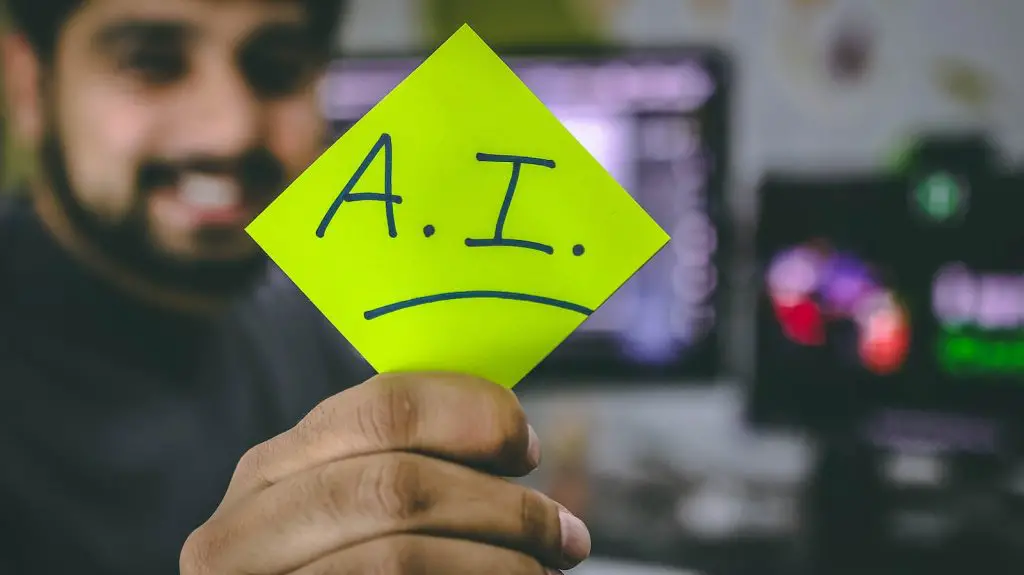This post may contain affiliate links which means I may receive a commission. Learn more on my Privacy Policy page.
What is Quantum Computing and How Does it Differ From Classical Computing?
Contrary to classical computers, quantum ones can consider multiple potential inputs simultaneously and thus speed up computations that would take time on traditional ones.
Quantum computers excel at searching for prime factors in large numbers quickly compared to traditional computers which might take millions of steps; similarly, quantum computers could also make decrypting encrypted data much quicker compared to their classical counterparts.
What is a Quantum Computer?
Quantum computers differ significantly from classical ones in that they rely on quantum mechanics rather than binary logic and physical models to complete tasks that would otherwise be beyond even supercomputers’ capacity.
Superconductors serve as qubits in quantum computers due to a phenomenon known as quantum tunneling; it allows electrons to align in pairs known as Cooper pairs and, thus, enabling multiple tasks at once to be carried out by each qubit.
Quantum computers could potentially solve complex tasks that would normally take millions of years on traditional computers, like factoring large numbers into their prime factors – something quantum computers should speed up significantly.
What is a Quantum Processor?
Quantum computers utilize quantum mechanics’ seemingly mysterious phenomena to achieve enormous processing power increases that may even outdistance the most advanced supercomputers currently on the market (and future ones!). They promise to outrun them.
Quantum computers operate similarly to classic computers in that they use chips and circuits that follow algorithms (essentially sequential instructions), but their circuits operate differently: classical computers use physical objects that encode binary digits – ones and zeroes – into logic gates to carry out operations; in contrast, quantum computers utilize qubits which process information differently.
Qubits differ from their binary counterparts in that rather than representing states as either on or off, they can represent any combination of one and zero states at the same time – this process is known as entanglement. To remain useful, qubits must remain entangled. To do this effectively, they must be kept isolated from their environments by keeping at ultra-low temperatures or within a vacuum chamber, and protected from noise or vibrations which might disrupt them.
As such, most researchers continue to work on methods to stabilize qubits within computers using techniques ranging from isolating components to lasering them to ensure that one misbehaving qubit doesn’t result in irreparable loss. These efforts help ensure that a single error doesn’t compromise an entire computation.
What is a Quantum Memory?
Quantum memory is a system for storing and retrieving information using qubits – unlike conventional computer bits that only reflect either zeroes or ones, qubits have multiple states at any one time and should increase computing power exponentially as more are added to the memory.
Entanglement between qubits allows them to remain linked despite physical distance, making quantum computers capable of processing vast amounts of information very quickly.
Quantum computing technology remains limited; however, companies like IBM and D-Wave Systems are making strides toward building commercial quantum machines that could be utilized across industries from banking to pharmaceuticals. Experts also believe quantum computers could help solve difficult tasks that would be impractical for classic computers to complete, such as finding all prime factors of an enormous number in minutes.
Qubits present one major obstacle, in that their quantum properties can easily be disrupted by external interference such as heat, electromagnetic fields or collisions with air molecules – this process is known as decoherence. To combat it, scientists are working hard to develop methods of protecting quantum information stored within qubits by keeping them isolated from environmental noise or maintaining temperatures at extremely cold levels.
What is a Quantum Interface?
A quantum interface enables scientists and engineers to use quantum computers in the form of quantum algorithms. Consisting of circuits controlling qubits housed within nested chambers that keep temperatures close to absolute zero temperature while protecting against magnetic and electric interference, it enables users to run quantum algorithms successfully on quantum computers.
Quantum bits (qubits), unlike binary ones used by computers, can exist simultaneously as both zeroes and ones; this allows quantum computers to process multiple calculations at the same time exponentially more computing power than classical computers with linear expansion of bits.
Quantum computing does present its share of challenges, however. Heat, electromagnetic fields and even collisions with air molecules can all compromise a quantum system’s mysterious physical properties (known as decoherence) and cause it to lose coherence – slowing down computing performance while making less efficient. Also, quantum computers don’t always give precise results as they use probability or approximate calculations for approximate or most likely solutions for finance and logistics problems; for example they may help narrow the range of solutions but won’t necessarily solve them completely.
What is a Quantum Network?
Quantum computers work by replacing traditional computing with qubits – special bits that represent one of two states (zero or one) at any one time, called superposition. A traditional bit can only represent either state at a time while qubits can represent both simultaneously in what’s known as superposition mode.
Entanglement between qubits allows quantum machines to perform calculations that would be impossible with traditional computers, such as factoring large numbers or calculating probabilities of certain events.
Quantum computers are incredibly fast, capable of doing billions of calculations in minutes that would normally take traditional computers years to accomplish. As a result, this has caused an international race among some of the biggest companies worldwide to develop quantum computing technology, leading to increased interest in quantum computing stocks on the stock market. Applications could include financial modeling, drug discovery, military affairs intelligence gathering and polymer design applications as well as data encryption; their technology could even enable faster DNA research or create a safer internet.
For more, see our post about the potential benefits and risks of AI.




